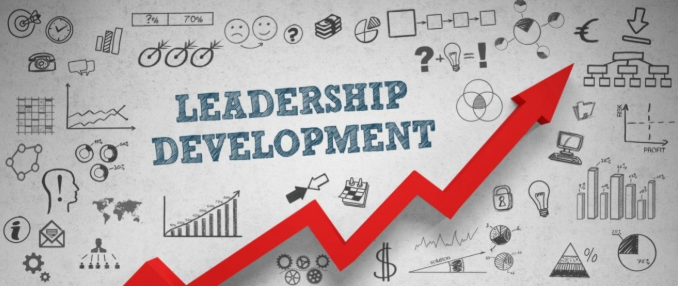The critical role of nurturing talent to maintain Singapore’s competitive edge
In his 2023 Budget Day speech on February 14, Finance Minister and Deputy Prime Minister Lawrence Wong outlined how Singapore can navigate the global economic challenges. Unlike last year’s focus on digitalisation during the Covid pandemic, this budget shifts attention to managing tighter financial conditions and higher energy prices as the nation moves beyond the pandemic’s worst impacts.
Despite the current geopolitical tensions, Singapore has successfully maintained its position as a reliable partner to both the United States and China, and continues to thrive as a global business hub, particularly in financing, legal services, and logistics. During the pandemic, the country’s airports and seaports remained operational, further cementing its reputation. Prime Minister Lee Hsien Loong, during the opening of Tuas port, praised Singapore as the “catch-up port,” where shippers turn to resolve supply chain issues.
Beyond remaining open for business, the sustainability of Singapore’s hub status hinges on the quality of its local enterprises and the leadership driving them.
The Role of Local Enterprises in Singapore’s Economy According to the Department of Statistics Singapore, fast-growth enterprises accounted for 71% of employment and 44% of nominal value-add to the economy in 2021. These companies not only drive Singapore’s economic competitiveness through their products and services but also through the leaders they develop.
During the Budget announcement, the government unveiled a S$1 billion boost to the Singapore Global Enterprises initiative. This aims to strengthen companies with proven international success, focusing on leadership development, accelerating internationalisation, and building strong talent pipelines.
The Importance of Leadership Development In today’s fast-paced business world, the focus on leadership and talent development is more crucial than ever. Today’s leaders must mobilise diverse teams and lead them effectively. The Covid-19 pandemic highlighted the need for “local boots on the ground,” with senior talents becoming more hyperlocalised. Even as travel restrictions ease, this need persists.
A 2021 study by Heidrick & Struggles identified four key leadership capabilities necessary for post-pandemic success: leading through influence, driving execution, creating new thinking, and having an ownership mindset. Business leaders now face the challenge of aligning and motivating diverse teams with varying cultural, professional, and leadership backgrounds.
This challenge is particularly pronounced in fast-growth enterprises, where the startup scene in Singapore has flourished with new ventures. According to the latest SEA e-Conomy report by Google, Temasek, and Bain, Southeast Asia’s transaction value is expected to reach US$200 billion in 2022, a 20% increase from the previous year. As Singapore becomes a hub for venture capital, leaders of startups face the dual challenge of managing teams and meeting investor expectations, all while navigating mounting pressures to become profitable.
The Leadership Struggles in Fast-Growth Enterprises Despite attracting talented teams, many fast-growth enterprises falter because leaders fail to fully understand the type of talent needed—not just in terms of experience, but in how they collaborate. As companies scale, visionary leaders often struggle with executing their ideas and building structures that balance accountability with collaboration.
Successful leaders display agility, learning from setbacks, adapting quickly, and developing foresight. To build an effective leadership team, it is essential to assess and develop competencies in employees that allow them to grow into future leadership roles.
Strategic Talent Development Hiring the wrong leader at the top can be disastrous for a company’s growth. Therefore, progressive companies excel not only at hiring top external talent but also at nurturing internal talent. Developing talent from within, alongside strategically hiring the right individuals, is essential to fostering sustainable growth.
The Singapore Global Executive Programme (SGEP), launched recently, is designed to help local companies ramp up talent development to match their global ambitions. Talent, as the backbone of all growth businesses, must be carefully managed, with businesses focusing on nurturing leaders who can take the company forward as it scales.
Conclusion For Singapore to remain a viable global business hub, its enterprises must attract, develop, and retain the best talent. The country has already been successful in attracting innovative companies, but the key to sustained success lies in empowering local enterprises to nurture homegrown leadership.








